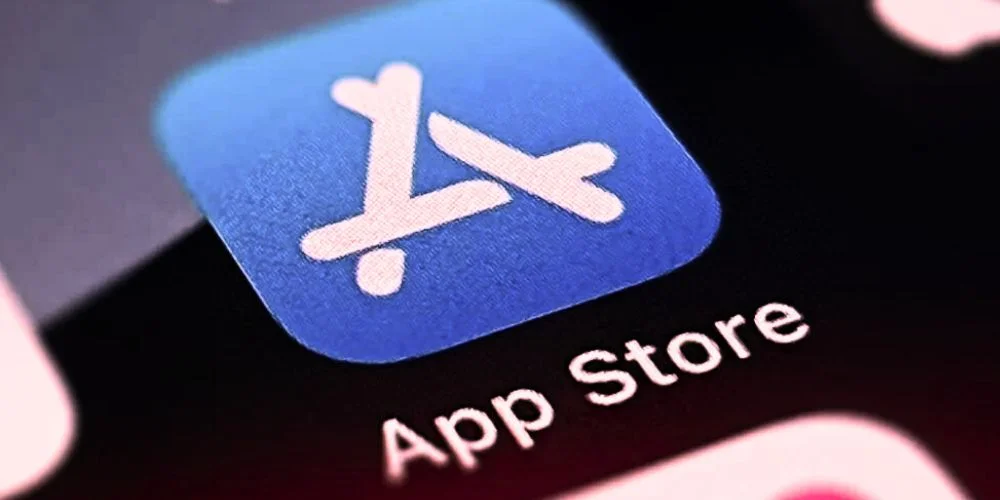Key Points
- Brazil has ordered Apple to allow sideloading and third-party app stores within 90 days. The ruling follows similar regulatory decisions in Europe and other regions.
- Mercado Libre initiated the lawsuit and was later joined by Match and Epic Games.
- Brazil’s antitrust regulator, CADE, previously set a 20-day deadline, which Apple appealed.
- The court ruled that Apple must comply within three months or face fines. Apple argues that the decision threatens user security and will appeal the ruling.
Brazil has issued a ruling requiring Apple to allow users to bypass the App Store and sideload apps within 90 days, according to a report from Valor Econômico cited by 9to5Mac. The decision follows similar regulations imposed in Europe and other regions, reinforcing global efforts to limit Apple’s control over its app distribution model.
Judge Pablo Zuniga, who issued the ruling, noted that Apple had already complied with similar obligations in other countries without experiencing significant harm to its business model. The ruling marks another major challenge to Apple’s App Store policies, which have long been criticized for their restrictive practices and high commission fees imposed on developers.
The legal battle stems from a complaint filed by Mercado Libre, a Latin American e-commerce giant, which argued that Apple’s app distribution policies force developers to pay excessive commissions. Other companies, including Match Group and Epic Games, later joined the case, increasing pressure on Apple to change its policies.
Brazil’s antitrust regulator, CADE, initially ordered Apple to allow third-party app downloads and external purchases late last year, setting a 20-day compliance deadline. Apple, however, appealed, arguing that the changes required more time to implement. The court agreed, calling the initial deadline “disproportionate and unnecessary,” granting Apple a temporary reprieve but mandating a public hearing.
Following another appeal—this time by CADE—the court ruled that Apple must enable sideloading and third-party app stores within three months or face penalties. This decision aligns Brazil with the European Union’s Digital Markets Act (DMA), which forces Apple to open its ecosystem to external app marketplaces.
Apple opposes the ruling, arguing that sideloading poses security and privacy risks for iOS users. A company spokesperson stated that Apple supports competitive markets but believes the new policy could expose users to malware and data breaches. Apple intends to appeal the decision, continuing its legal fight to maintain control over its app ecosystem.





